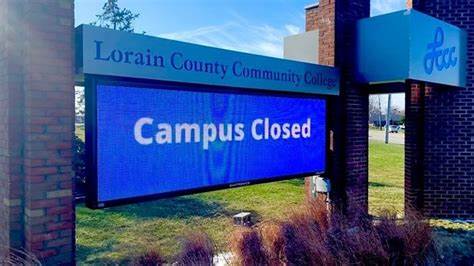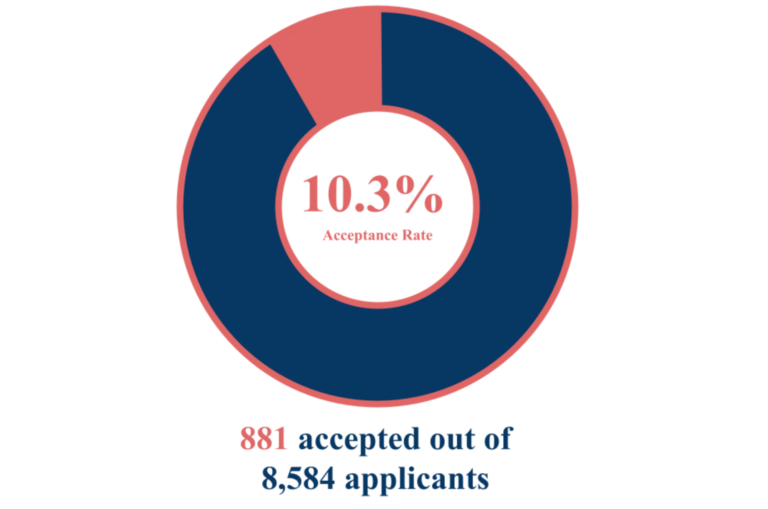
Do you know what the most common entry is against the question ‘what major would you like to study’ is?
Its ‘Undecided’.
There is no requirement for a student to say what they want to study at college, however there are clear advantages in having at least some direction. It is natural that parents will want to help their son’s and daughter’s discover where their future may lie, so in this article we are going to explore the advantages of applying with a major in mind and how parents can help a student discover what major might suit them.
Start thinking early
At Ivy Central one of the first areas we work on is helping students narrow down their likely choice of major, in many cases this work may start as early as Grade 8. Why so early?
The advantage of a student having an idea of what they want to pursue at college early on, is that they can then use that to help them make choices about what subjects they study. For some majors, particularly STEM related programmes, colleges will look to see if a student has taken related subjects to a high level. For example, somebody wanting to go into medicine will need to show competence in biology and chemistry, for an aspiring business leader, economics can be a real advantage.
Once a student has direction in their thinking about a double major, they are able to use the remaining time until application to work on building a competitive extracurricular profile that demonstrates interest and breadth of study in the area of their choice.
A final advantage is that knowing what they want to study will help them through the process of building a college list and guide their research into individual colleges. All colleges, even those that figure prominently in the various ranking tables have subject areas where they are stronger than others. If a student knows what area they want their studies to focus on it enables them to identify those colleges with great professors and resources in the those areas.
How to help your child pick a major?
As parents you probably know your son or daughter better than anybody else but there can be a fine line between helping them make a choice by providing guidance and direction and telling your child what they should study, even when done with the best of intentions!
Counsellors at Ivy Central have supported parents and their children through these discussions over many years. This is what we have learnt.
Start with what interests them.
Nobody will achieve their potential if they are doing something that does not interest them. Spending time thinking about how they spend their time, what they enjoy, and excel at, may help to start identifying pattens. Somebody who loves taking things apart to repair them, making robots, competing in hackathons is likely to be drawn towards majors in engineering or computer science. Normally interests are not so clear cut, for some young people the things they enjoy and a good at may open up numerous possibilities.
Explore career areas
If a student has some ideas about study areas that they might want to pursue at college, they will benefit from looking at what careers those study areas lead into. A search on the internet will quickly throw up a whole list of careers that you can then use to dig further into just what those careers are really like.
If your son or daughter had no idea about what they want to do, or has too many ideas, then try a careers questionnaire. A good questionnaire will seek to find out what the person enjoys, is good at and the type of working environment they would feel happiest with, better questionnaires will also look at the values of the individual. Having completed the questionnaire the programme will produce a list of jobs that are best suited to the way the questions have been answered.
Do a course
When I was trying to decide what I wanted to do, doing a course, meant enrolling at a local college and then going there every week to sit in lectures for a couple of hours at a time. Always assuming they were running a course you were interested in. Fortunately, times have changed and there are now thousands of courses available with just a few clicks on a keyboard.
Sites like Coursera or edX have a wealth of courses in just about any area of interest that you may want to study and ranging form introductory to PhD level, often from world class educational institutions. Many of the introductory programmes are free of charge and are a wonderful way of dipping a toe into an area of study to see if you like it.
Consider letting your son or daughter attend a summer school programme. Each summer colleges across the US throw open their doors to high school students, giving them the opportunity to experience college life, both academically and socially. Many of these programmes teach part of an undergraduate course, enabling those attending to get an insight into the subject. For many attendees this can inspire them to pursue that subject, or they come to know that it is not for them. Either way it can be a valuable experience.
Also Read: UK English Test
Job shadow
Often, I find, young people only have a limited understanding of what a particular career is really like, all too often this is based on what they have seen on television. If a young person is going to make an informed decision about a career it is important that they find out what it is really like. Good and not so good.
One of the best ways to gain this insight is to spend some time shadowing somebody working in that profession. Ideally, they would spend at least a week accompanying a single person, observing what they do and talking to them about their work, how they ended up in that career and what they like and dislike about it. So, for example, if your son or daughter wanted to go into the legal profession, they could shadow an advocate, observing their meetings with clients, helping with some of the paperwork and attending court. It can take a bit of work for your son or daughter to make the connections, but it is worthwhile for the insight they gain.
Some final thoughts
While there are clear advantages in students having at least some idea about the direction they want to pursue at college and as a career, it is not the end of the world if they don’t. The undergraduate experience in the United States is incredibly flexible, even if a student has spent their high school years believing that they want to be a computer scientist, it is still possible to change direction once they start college.
Working with study abroad consultants, overseas education consultants, or, as more commonly known, college counselors, can help you plan ahead and make those high school years count. Ivy Central offers exceptional focus to help you prepare for college admissions throughout the high-schooling years. Start today!






